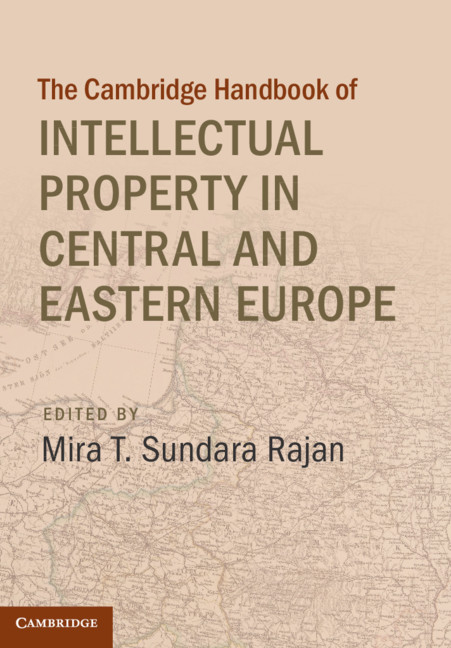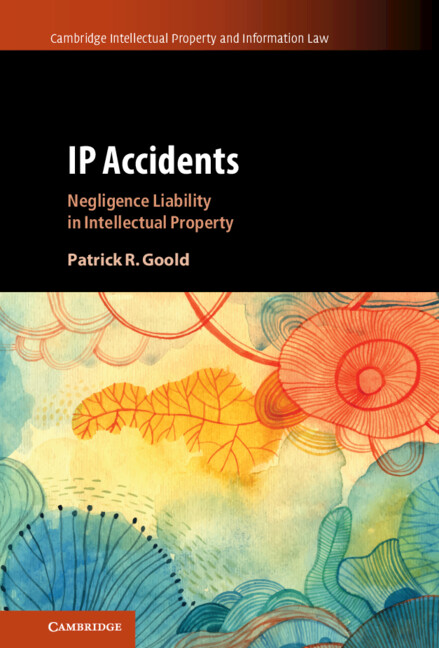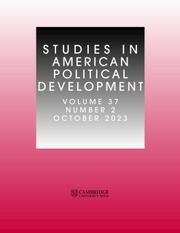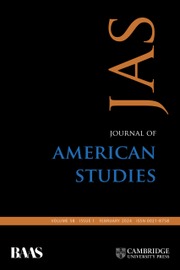Trademarks and Free Speech
This book explores how trademark laws can conflict with the right to freedom of expression and proposes a framework for evaluating free speech challenges to trademark registration and enforcement laws. It also explains why granting trademark rights in informational terms, political messages, widely used phrases, decorative product features, and other language and designs with substantial pre-existing communicative value can harm free expression and fair competition. Lisa P. Ramsey encourages governments to not register or protect broad trademark rights in these types of inherently valuable expression. She also recommends that trademark statutes explicitly allow certain informational, expressive, and decorative fair uses of another's trademark, and proposes other speech-protective and pro-competitive reforms of trademark law for consideration by legislatures, courts, and trademark offices in the United States, Europe, and other countries.
- Guides legislators, judges, trademark office employees, academics, and attorneys on where trademark laws conflict with the free speech right
- Provides examples of trademarks and trademark disputes in the United States, Europe, Australia, New Zealand, Singapore, South Africa, and other countries
- Proposes several trademark law reforms that can be adopted by any nation or region
Reviews & endorsements
'This excellent book explores the troubled relationship between trademark protection and free expression. Lisa Ramsey successfully interweaves a description of the relevant trademark law with a critique of how it is framed and applied, while identifying the reforms needed adequately to protect free expression. It is an authoritative account deserving wide attention.' Jennifer Davis, Centre for Intellectual Property and Information Law, University of Cambridge
'Professor Lisa Ramsey has established herself over time as one of the world's leading scholars on the relationship of trademark law and free speech. Her rich scholarship on the topic is now systematized and expanded with the latest developments in this inspiring book. A must read for anyone interested in the subject!' Christophe Geiger, Professor and Director of the Innovation Law and Ethics Observatory, Luiss University, Rome
'From registration to enforcement and secondary liability, this book reveals the chilling effect of current trademark law and practice on free speech. It also offers the ultimate cure. Lisa Ramsey synthesizes the full spectrum of regulatory approaches and scholarly thinking - across legal traditions and regions worldwide - in an unprecedented catalogue of reform proposals.' Martin Senftleben, Amsterdam Law School, author of The Copyright/Trademark Interface
'Professor Ramsey's book is a comprehensive argument for reforming trademark law with greater attention to free speech principles. Rich with examples of overclaiming, it makes a strong case that both communication and product markets would be better off with a narrower trademark law focused on protecting consumers from deception that matters to them, rather than handing control of ordinary words to single owners across a broad swath of the economy.' Rebecca Tushnet, Frank Stanton Professor of the First Amendment, Harvard Law School
Product details
December 2025Hardback
9781108484770
250 pages
229 × 152 mm
Not yet published - available from December 2025
Table of Contents
- 1. Introduction
- 2. Conflicts between trademark laws and the free speech right due to registration of expression with substantial inherent value
- 3. Trademark laws implicate the right to freedom of expression, but how do we determine when trademark and free speech rights conflict?
- 4. A free speech framework for trademark law
- 5. Do current trademark registration laws adequately protect expressive values and fair competition?
- 6. Do current trademark enforcement laws adequately protect expressive values and fair competition?
- 7. How the concept of inherently valuable expression can help inform potential reforms of trademark law
- 8. Proposed speech-protective and pro-competitive Reforms of trademark registration and enforcement laws
- 9. Conclusion.









